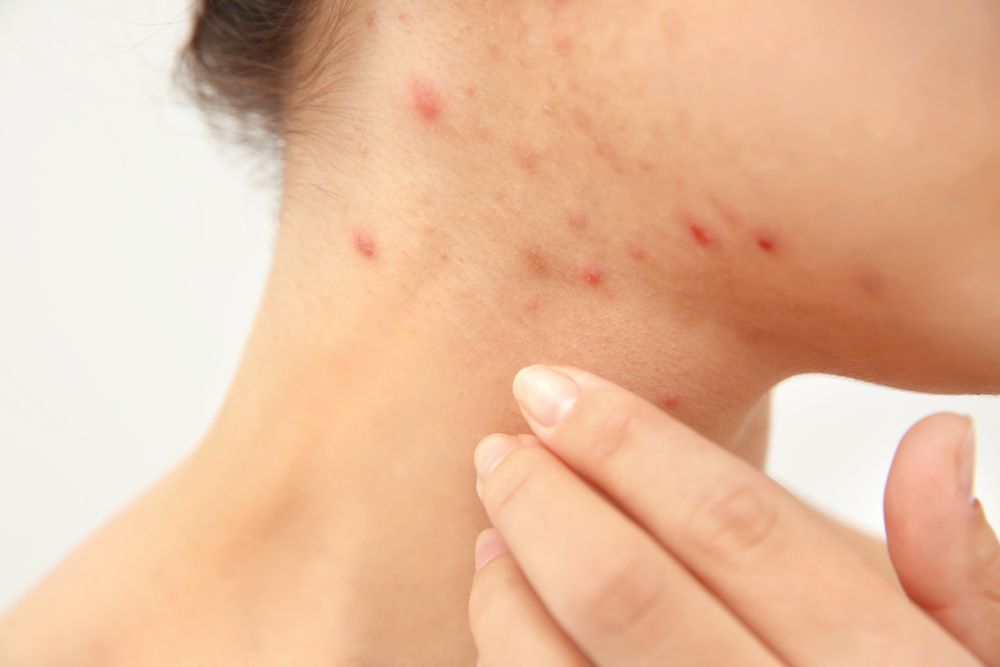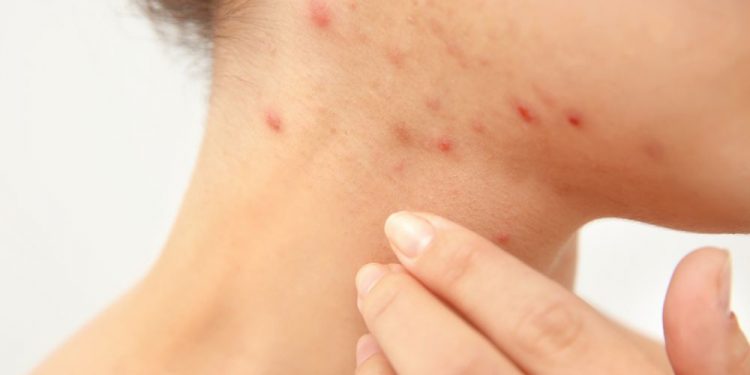Acne symptoms vary from person to person, and are affected by a number of factors. It can be a bothersome condition that can affect the confidence of those who suffer from it. However, it is treatable. The right type of treatment can help clear up the acne and prevent further outbreaks. Depending on your personal circumstances, your doctor may prescribe medications to help you achieve this goal.
Inflammatory acne is caused by the inflammatory response of the immune system. This response causes red bumps or pustules to form on the skin. Some people will also have nodules, which are large, hard lumps under the skin. If the infection goes deeper, the pore walls can break down and cause painful cysts.
Severe acne can be extremely damaging, and can result in permanent scars. Treatments to clear up this type of acne usually involve a series of medications, including antibiotics, steroid injections, or skin surgery. A doctor can also do a physical exam and blood tests to monitor the side effects of the treatments.
Acne is a common skin condition that can occur on the face, buttocks, shoulders, chest, and back. Some acne is even present on the arms and neck. While it can happen to anyone, it typically develops in individuals who have oily skin or a high sebaceous gland.
Inflammatory acne is characterized by large, swollen, painful, and red bumps or pustules that are hard to touch. Sometimes the acne will be covered with a white or yellow center. People with inflammatory acne have an overgrowth of Cutibacterium acnes bacteria. These bacteria overgrow when the hair follicles become clogged with dead skin cells and sebum. They then multiply rapidly, causing localized inflammation.

Non-inflamed acne is not as harmful. Although it will not result in a visible rash, it will still ooze and crust. Other forms of acne, such as comedones, are also non-inflamed. You should keep your skin clean and use oil-free cosmetics to avoid irritation.
Some foods can worsen acne, such as foods high in refined sugars or carbohydrates. Diets high in dairy products may also increase the risk of acne. Oily foods such as mayonnaise and butter have little impact on acne.
You should also avoid scrubbing your face too hard. Scrubbing your skin can irritate the pores and make the acne worse.
Some young people will experience periods of acne that are severe. These outbreaks may be called ‘flare-ups’. For this reason, it’s important to get medical advice if the symptoms seem to be getting worse.
To improve the appearance of your acne, you can use over-the-counter or prescription topicals. Topical medications that contain benzoyl peroxide or salicylic acid are often effective. Benzoyl peroxide has an antibacterial effect, and can unplug clogged pores. Salicylic acid helps heal the skin and reduces the chance of acne scarring.
Depending on your individual condition, you may need more powerful acne medicines from a pharmacist. He or she can tell you what medications to take, or recommend a stronger course of treatment.










